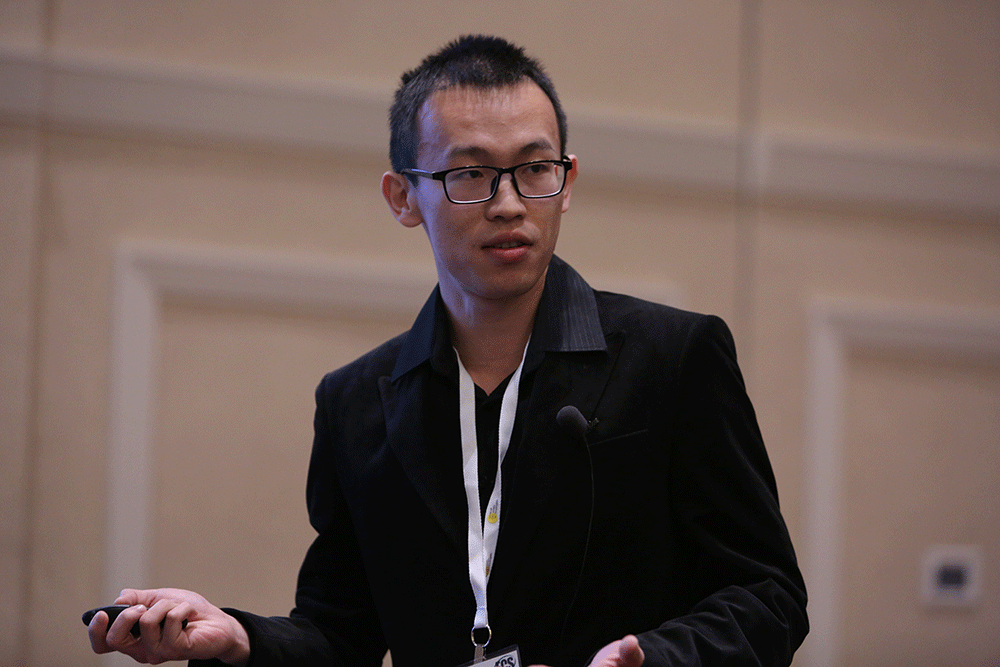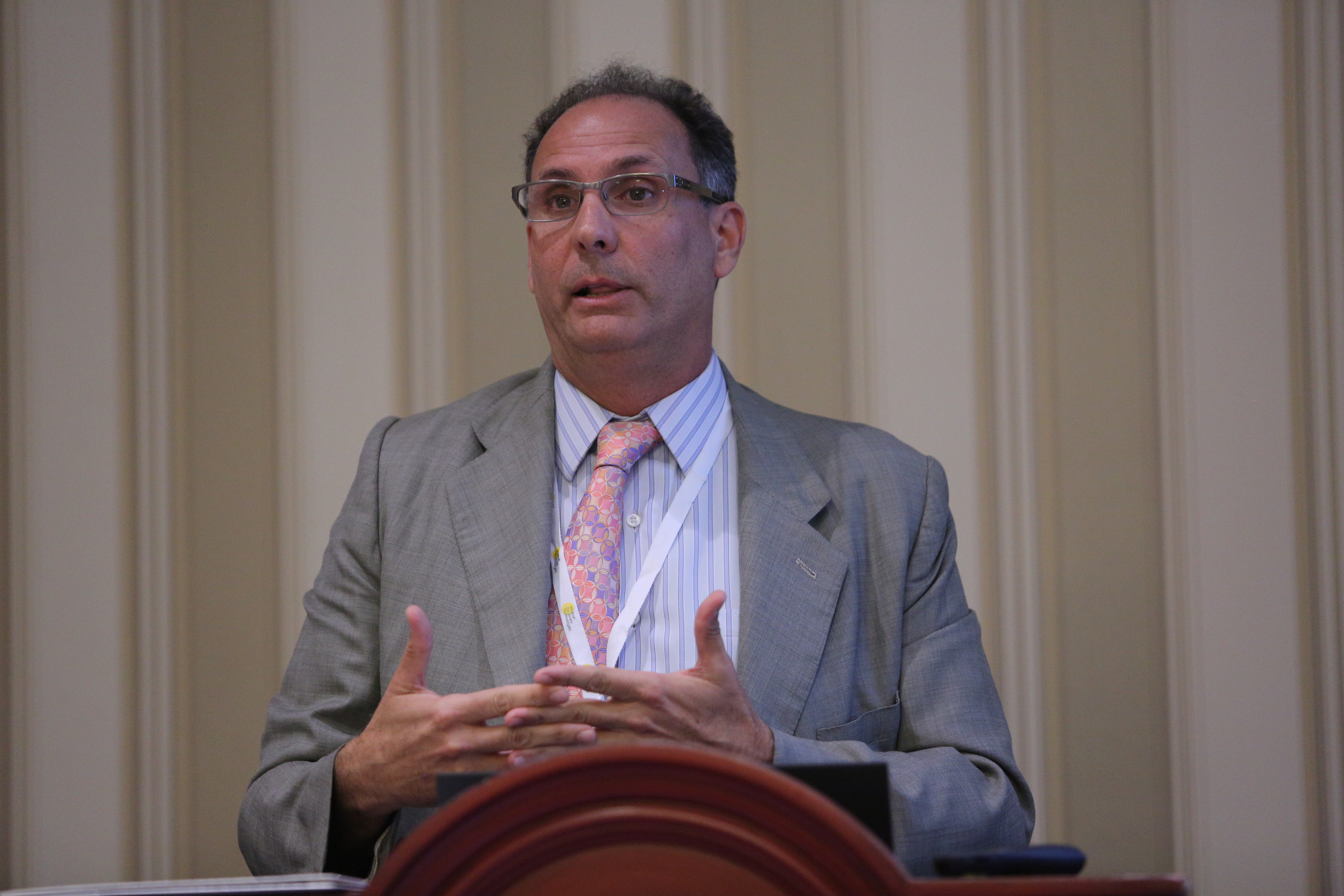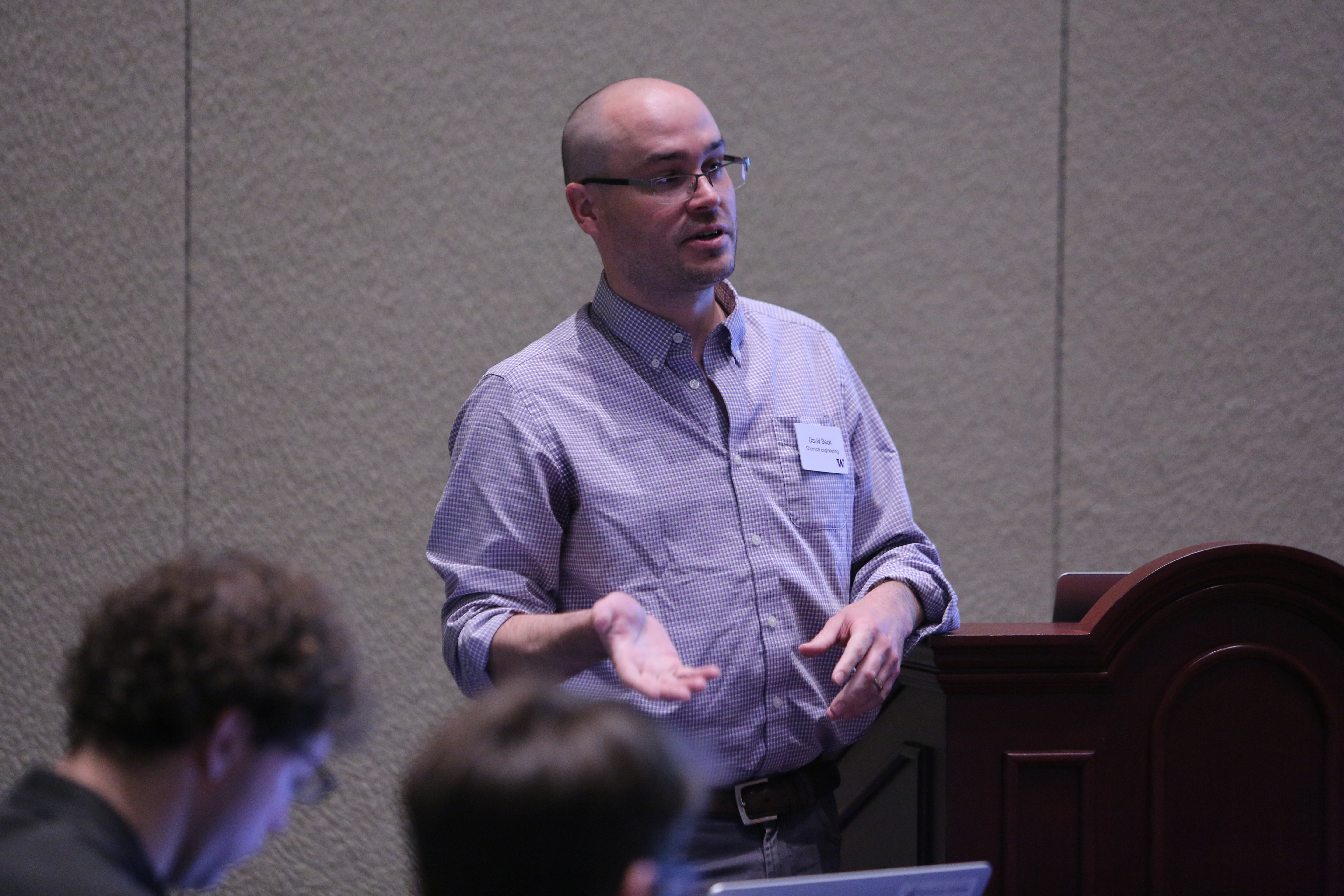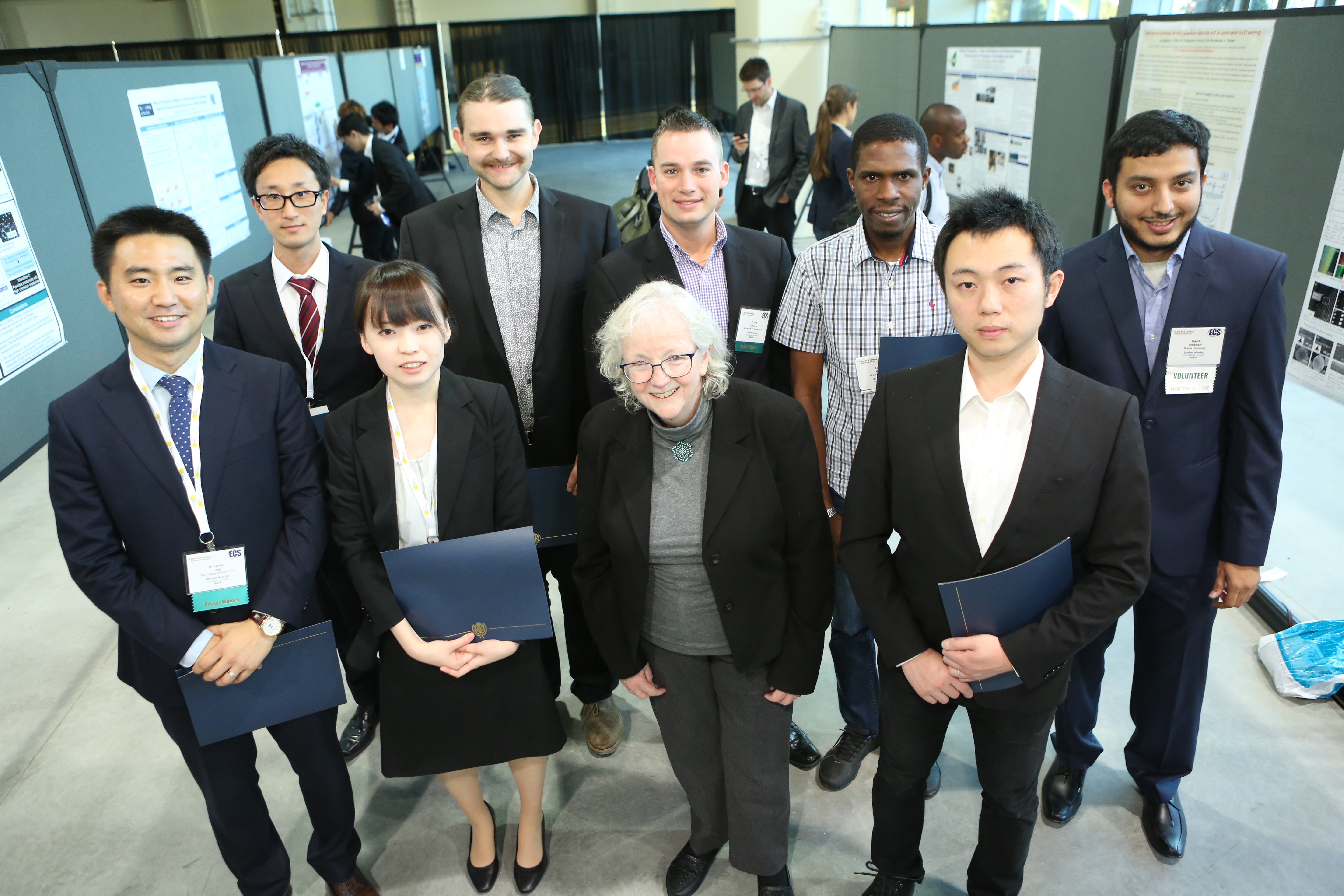 A reversible fabric keeps skin a comfortable temperature whatever the weather—and could save energy by keeping us away from the thermostat.
A reversible fabric keeps skin a comfortable temperature whatever the weather—and could save energy by keeping us away from the thermostat.
As reported in Science Advances, the double-sided fabric is based on the same material as everyday kitchen wrap and can offer warmth or cooling depending on which side faces out.
“Why do you need to cool and heat the whole building? Why don’t you cool and heat individual people?” says Yi Cui, professor of materials science and engineering at Stanford University, who thought if people could be more comfortable in a range of temperatures, they could save energy on air conditioning and central heating.
Thirteen percent of all of the energy consumed in the United States is due to indoor temperature control. But for every 1 degree Celsius (1.8 degrees Fahrenheit) that a thermostat is turned down, a building can save a whopping 10 percent of its heating energy—and the reverse is true for cooling. So adjusting temperature controls by just a few degrees could have major effects on energy consumption.


 Topic Close-up #4
Topic Close-up #4 Topic Close-up #3
Topic Close-up #3 ECS is honored to report that
ECS is honored to report that  Scientists these days face a conundrum. As Americans are buffeted by accounts of
Scientists these days face a conundrum. As Americans are buffeted by accounts of  New research sheds light on the effectiveness and value of carbon-pricing incentive programs.
New research sheds light on the effectiveness and value of carbon-pricing incentive programs.

